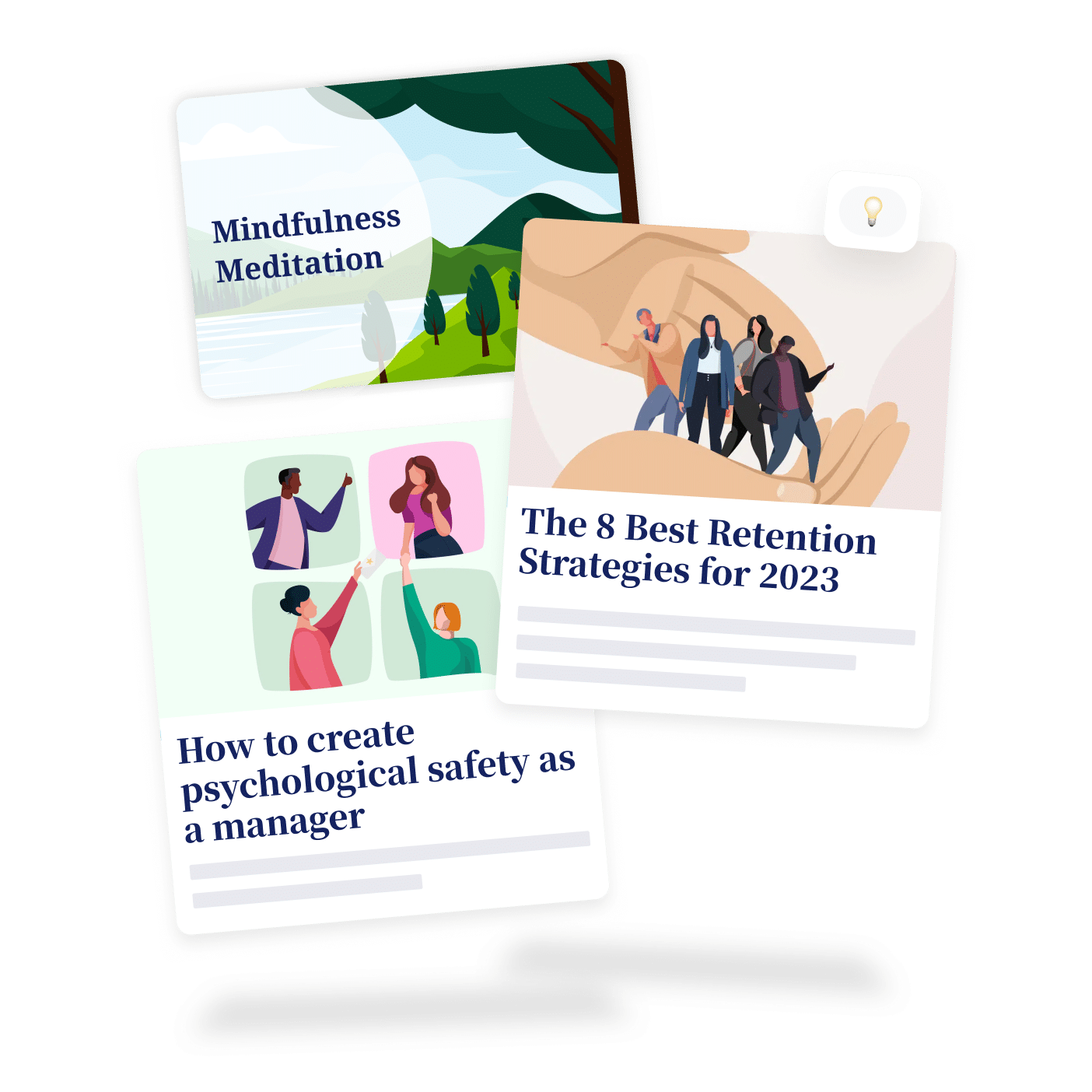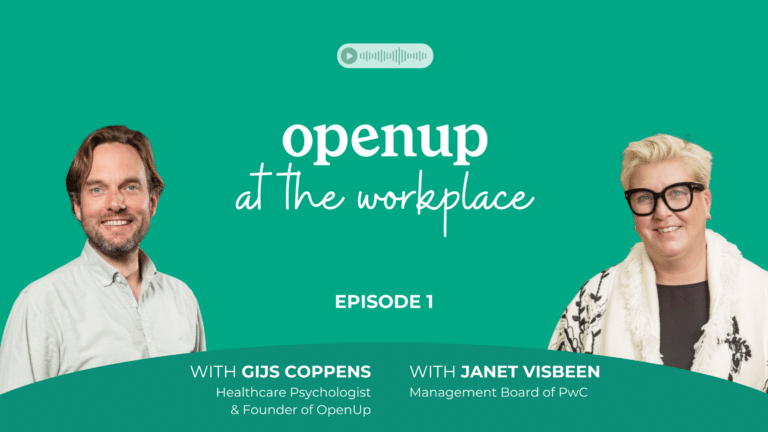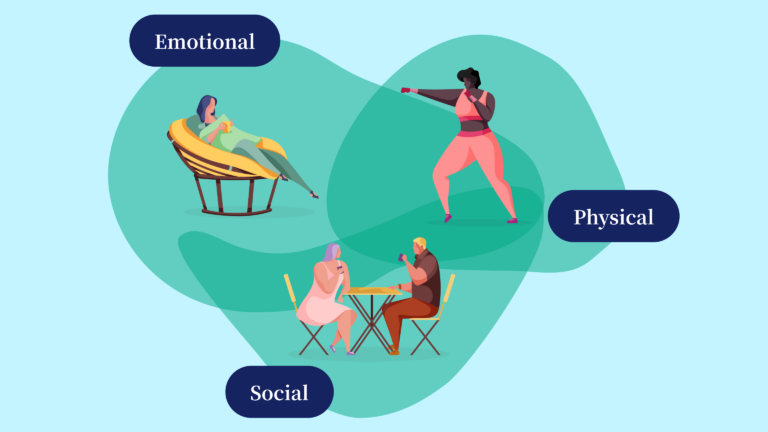Emotional intelligence: definition and importance
Before delving into the subject, let’s clarify the concept of emotional intelligence (EQ) and how you can identity your own EQ abilities.
Willemijn Pels Rijcken, a psychologist at OpenUp, provides insight:
“Emotional intelligence involves the ability to recognise, manage and effectively use your own emotions and to recognise and understand the emotions of others.”
“Empathy, on the other hand, is the ability to understand and share the feelings of others. You could say that empathy is a part of emotional intelligence or an example of emotional intelligence.”
According to the Harvard Business School, emotional intelligence consists of these four components:
- Self-awareness
- Self-management
- Social awareness
- Relationship management
The core of emotional intelligence lies in the first aspect: self-awareness. Self-awareness extends beyond recognising personal strengths and weaknesses; it involves being attuned to one’s own emotions and their impact on the team.
Moving to the second aspect, self-management involves handling and controlling these emotions effectively. Components three and four revolve around understanding the emotions of others. Within the workplace, social awareness entails perceiving the emotions of others and being cognisant of organisational dynamics. This is where empathy becomes crucial, enabling leaders to comprehend the feelings and perspectives of team members, which enhances effective communication.
The last component, relationship management, deals with the proficiency to influence others positively, such as providing coaching, and addressing conflicts before escalation.
The positive influence of emotional intelligence on company culture
In the upcoming section, we’ll explore how this quality significantly influences overall corporate culture.
“Possessing or cultivating emotional intelligence and being mindful of it contributes to fostering a more positive and thriving company culture,” notes psychologist Willemijn Pels Rijcken. “It enhances communication, collaboration, and overall team dynamics. By recognizing your own needs, you not only meet them but also nurture and safeguard them simultaneously,” she explains.
The relevance of emotional intelligence extends to both managers and employees. “Managers with high emotional intelligence can establish a supportive and motivating environment, fostering not only greater enjoyment and satisfaction at work but also higher productivity,” adds Willemijn.
Moreover, a robust EQ also impacts personal resilience. “Individuals with emotional intelligence exhibit increased resilience when facing change or unexpectedly challenging events,” highlights Willemijn.
📚 Read more: How you can respond to the needs of your employees with a person-centred corporate culture






